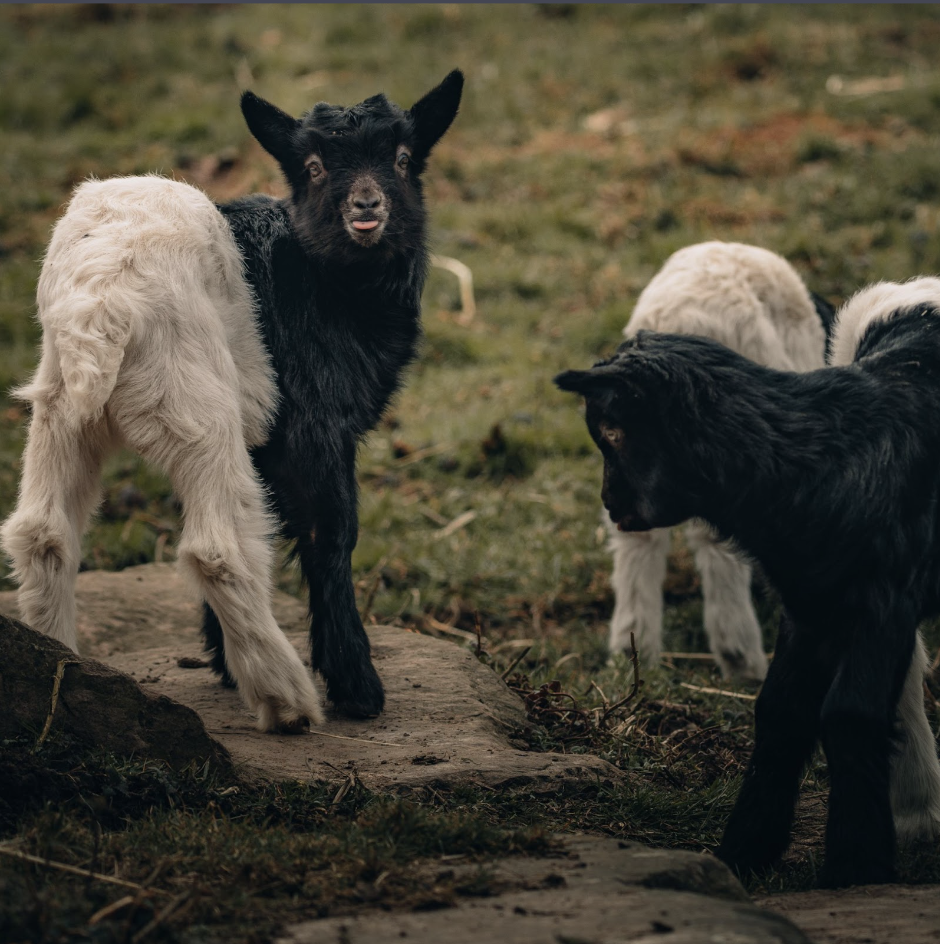History
The premise of the Black Sheep Collection is to be subversive - Black Sheep Gold Fleece. Black Sheep in society are often the trail blazers, the lone wolves that help us all progress. My aim is to turn the stigma on it’s head and motivate each one of us to be our own unique selves to the fullest.
Historically, farmers devalued black wool due to a variety of factors, including cultural biases, market preferences, and practical considerations. Here are some key points related to the devaluation of black wool:
Cultural Biases: Black wool was often associated with superstitions, myths, and negative connotations. In many cultures, white wool was favored and considered more valuable, symbolizing purity and cleanliness. Black wool, on the other hand, was sometimes associated with bad luck or seen as undesirable.
Market Preferences: The textile industry and consumers often had a preference for white or lighter-colored wool. This preference was driven by various factors, including the perception that white wool could be more easily dyed or bleached to achieve desired colors. Lighter-colored wool was also seen as more versatile for different types of fabrics and products.
Processing Challenges: Historically, processing black wool presented certain challenges compared to white wool. During the early stages of wool processing, such as cleaning and sorting, black fibers might be more difficult to distinguish and separate from the darker-colored impurities. This could increase processing time and costs, leading to lower demand and lower prices for black wool.
Fashion Trends: Fashion trends and consumer preferences have influenced the demand for different colors of wool throughout history. If fashion favored lighter-colored fabrics or garments, black wool could become less desirable and less profitable for farmers.
However, it's important to note that attitudes towards black wool have evolved over time. Today, there is a growing appreciation for natural colors in wool, including black, and an increasing recognition of the unique qualities and beauty of black wool fibers. Some farmers and artisans actively promote and value black wool for its distinctiveness and potential in various textile and fashion applications.
Photo by David Selbert

